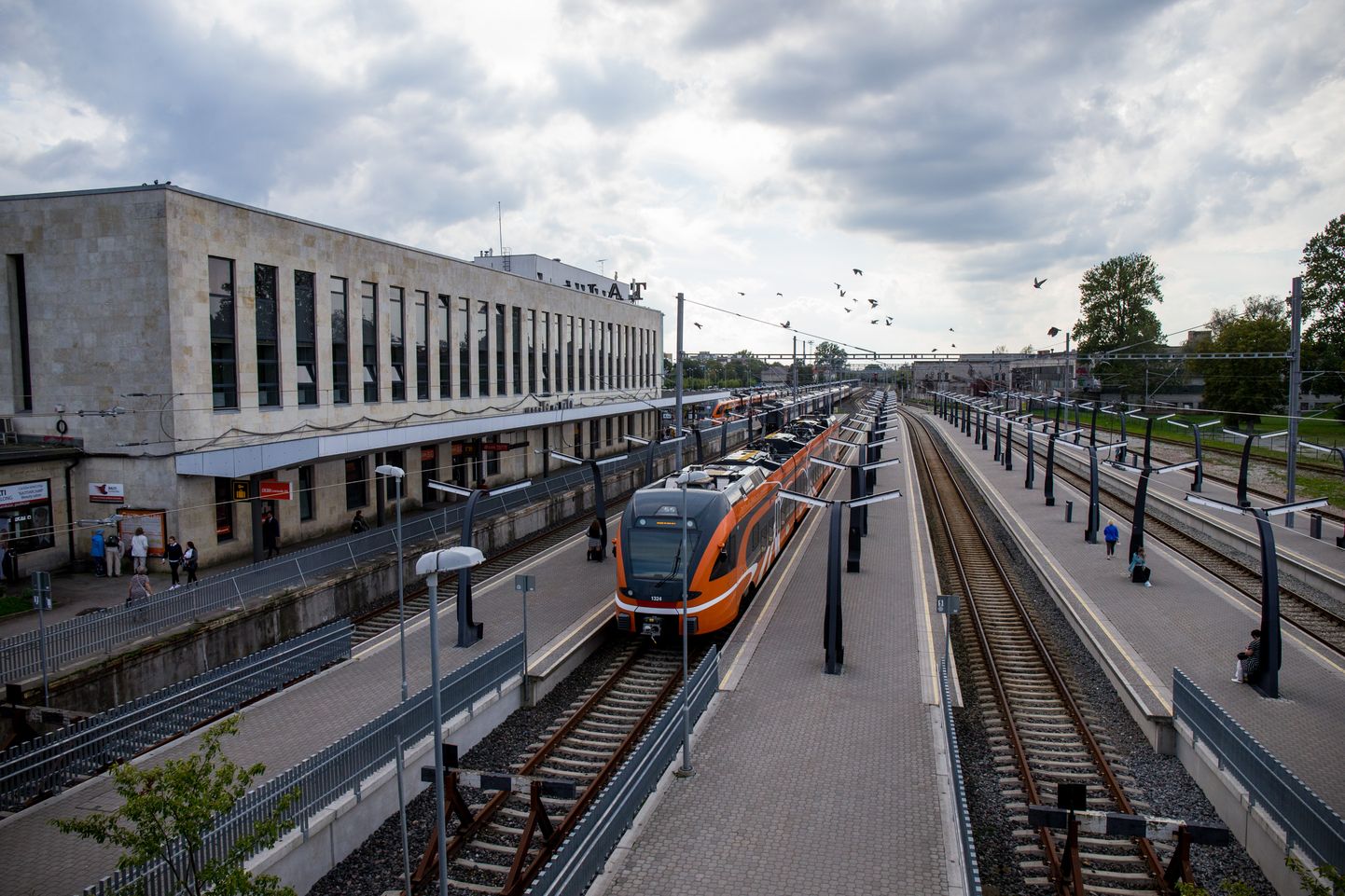
Estonian government on Thursday approved the concluding of the Rail Baltic agreement and authorized Prime Minister Juri Ratas to sign it on the behalf of Estonia.

Estonian government on Thursday approved the concluding of the Rail Baltic agreement and authorized Prime Minister Juri Ratas to sign it on the behalf of Estonia.
Compared to existing agreements, the accord to be concluded between the governments of Estonia, Latvia and Lithuania will not bring new obligations to Estonia, but it will give certainty that the project for the high-speed rail connection will not drag on, the government's press service said. The prime ministers of the three Baltic states are to sign the agreement at the end of this month in Tallinn.
"Rail Baltic is a very important investment for the Estonian state, which will support the development of our business, tourism and transport sectors, on the one hand, and on the other strongly connect us with Central Europe," Prime Minister Juri Ratas said through spokespeople.
The agreement to be signed by the prime minister next Tuesday in Tallinn reflects the agreements previously set out in joint declarations of the Baltic heads of government and transport ministers as well as the provisions of the Rail Baltic financing agreement concluded between the joint venture RB Rail, the three Baltic countries and the European Commission.
The agreement is important in that it will give greater force to what has already been done, the government said – it will be signed by prime ministers and ratified in national parliaments, which means it will stand also in the event of a possible change of government.
The Rail Baltic agreement determines the general technical parameters and route of the railroad as well as the construction timetable. An intergovernmental agreement is necessary because there are some matters which companies cannot regulate under the Rail Baltic joint venture shareholders' agreement, the government's press service said.
The accord regulates ownership of the future rail infrastructure and the land under it, as well as the conditions of financing the construction. It also provides for ensuring access to the Rail Baltic infrastructure and gives general guidelines for the Rail Baltic management to determine the infrastructure operator.
The total cost of the works on the Estonian territory is projected at 1.3 billion euros of which Estonia's contribution is 250 million euros. Up to 85 percent of the Rail Baltic project funding will come from the Connecting Europe Facility.
Both Lithuania and Latvia have already approved the Rail Baltic agreement at the government level and authorized their heads of government to sign it.
The Estonian government will not send the Rail Baltic agreement to the parliament for ratification before the completion of the Rail Baltic feasibility study in April, Prime Minister Juri Ratas said after the Estonian government had given its nod to the agreement on Thursday.
"We will not send this agreement to the Riigikogu automatically for ratification, but will wait until the conclusive feasibility study is completed," Ratas said at the government press conference, adding that the feasibility study covering all the three countries will be ready in April.
"It is based on that study that the government must make a decision about sending it to the Riigikogu for ratification," he said. "The feasibility study carries great weight and it has to be discussed by the government once again then," Ratas, chairman of the Center Party, said.
Ratas declined to answer when asked whether the government could abandon the plan to build Rail Baltic if the findings of the feasibility study are negative. "I'm quite convinced that most European railways are supported by the state or the public sector," he said.
"Under no circumstances will the government take the decision concerning Rail Baltic lightly," Ratas said.